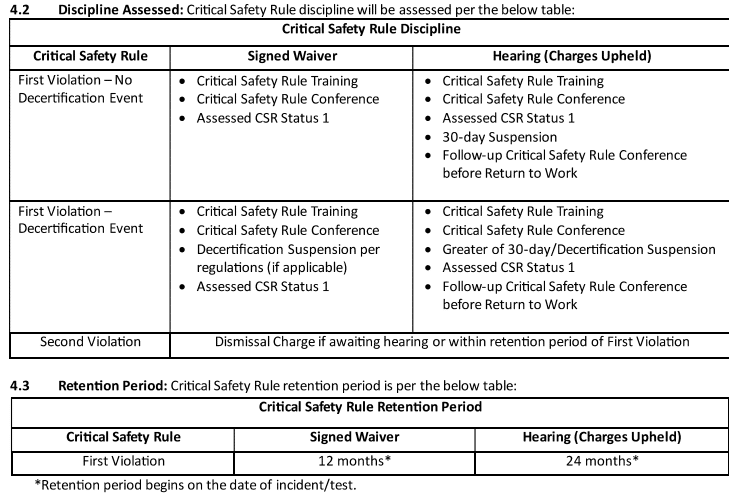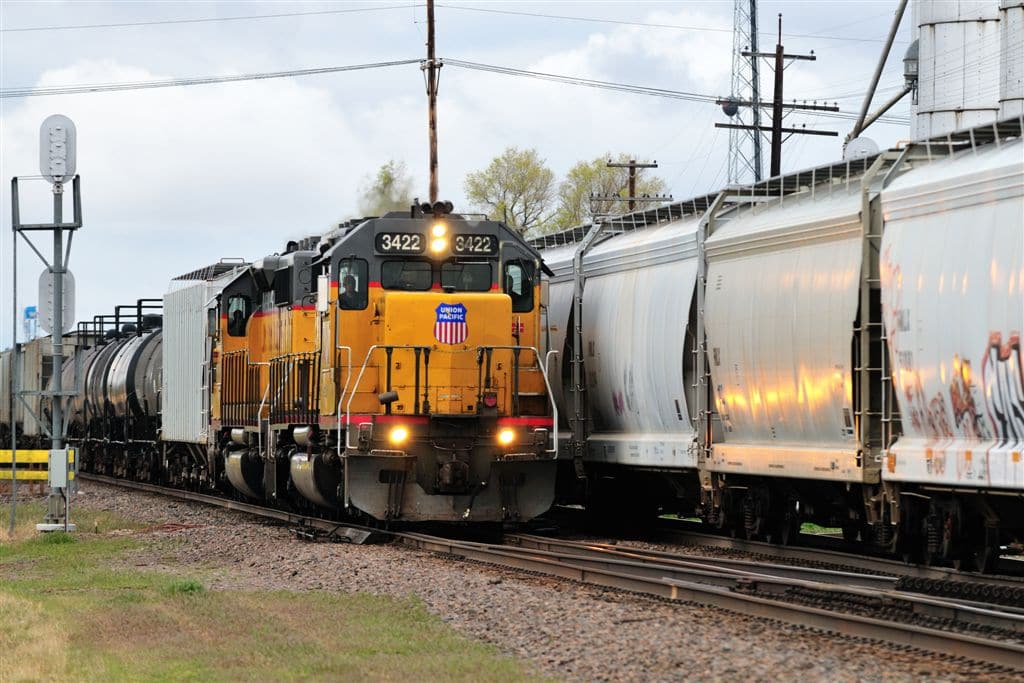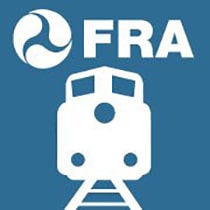In 2020, Randy Franklin, a member of SMART-TD Local 656 in North Little Rock, Arkansas, took his call to work from Union Pacific like he had been doing every day as a conductor for the prior 20 years. Brother Franklin was hauling freight on a train between Arkansas and Texas when, due to faulty wiring, his truck caught fire and needed the local fire department’s help.
Brother Franklin’s troubles were just beginning.
While fighting the fire in the Union Pacific parking lot, emergency responders and UP management discovered Brother Franklin’s handgun secured within the vehicle.
His pistol was properly registered with the state and safely stored in his locked truck.
UP promptly deadheaded Franklin back to Little Rock, fired him, and had him escorted off their property.
Despite what the Arkansas Supreme Court would later describe as Randy’s “Perfect work history” and the locked truck, the carrier insisted they could fire Brother Franklin for bringing firearms onto their property.
Carrier denies firearm rights
Franklin decided to challenge the carrier’s decision and reached out to his union officers.
Local 656 Chairperson Mike Pawelko and SMART-TD Arkansas State Legislative Director Gerald Sale recognized that this case had wide implications. Not just the state’s ability to protect Franklin’s rights legislatively as an employee, but also his Second Amendment rights protected by the U.S. Constitution were at stake.
“Mike is one of our most seasoned LCs and was a great partner on this case,” Sale said. “We built a foundation in the initial investigation to support arbitration and legislation.”
After Sale helped to lay the groundwork for a potential legislative solution in the initial investigation, General Chairperson Joey Cornelius and Pawelko took the issue to arbitration.
Not unexpectedly, Franklin had a setback in the arbitration hearing. The team appealed the ruling. Then, as planned, the union took its case to the Arkansas Legislature.
“(They) were tenacious and left no stone unturned,” said Franklin.
SMART-TD progresses a new gun law in Arkansas successfully
As the fight progressed, Franklin found himself out of service for more than a year.
Franklin and Sale successfully created a bill that gave all residents of Arkansas an explicit right to have a properly registered and stored firearm in their locked vehicle, despite any policy their employer may have.
State Rep. Justin Gonzales and Sen. Alan Clark co-sponsored S.B. 555. Excerpts and quotes from Franklin’s arbitration and appeal were quoted on the House floor. Their struggle with Union Pacific was used to explain why passing the bill was necessary and urgent.
“Both sponsored the bill in each respective chamber and stood by Randy and our organization throughout the process,” Sale said.
The bill passed with unanimous support with both Democrats and Republicans coming together. Franklin’s bill, Act 809, was then signed into law on April 22, 2021, by Gov. Asa Hutchinson. Hutchinson also sent a letter in support of Franklin’s employment being reinstated after he was targeted by UP’s unfair policy.
Union Pacific ignores the law
This would have been the end — if a railroad hadn’t been involved. UP refused to accept that it was wrong.
When the new law went into effect, Franklin’s lawyer, W. Whitfield Hyman from Fort Smith, Arkansas, formally informed Union Pacific that Franklin would not be fired for exercising his newly reaffirmed right and should be back on the job.
UP didn’t care what the state said and said they stood by their company policy. UP then filed a lawsuit in federal court to officially ignore the law written explicitly as a response to their treatment of Franklin, still out of work with his pension in jeopardy.
“They were basically spitting in the face of the state Constitution,” Sale said.
Supreme Court shoots down UP
Franklin and his attorney had come too far to roll over and give up. They took Franklin’s case all the way to the state Supreme Court, which ruled against Union Pacific.
A lifelong member of the National Rifle Association (NRA), Franklin tried repeatedly to reach out to them for support after he was fired. The NRA did not have his back when needed. He also contacted the Gun Owners of American (GOA). They had no interest in aiding his efforts.
SMART-TD, literally and figuratively, did. When the chips were down, and his rights were being taken from him, the union had his back.
Franklin also is back on the job, and though he has not yet been compensated by the carrier for the time missed, the expectations are that there will be a settlement at some point for the clear violation of his rights.
‘This union never leaves one of its own hanging out to dry’
SMART-TD would like to recognize Brothers Franklin and Pawelko, the officers of Local 656, Joey Cornelius, general chairperson of GCA-569, SLD Gerald Sale and attorney Hyman for their accomplishment. They represent the fighting spirit and solidarity of our union, and our shared commitment that every member in every local deserves respect, justice, and fair treatment under the law. When we stand together and stay focused on the fight, we win.
Sale emphasized the degree of collaboration and unity it took from Local Chairperson Pawelko and GC Cornelius, as well as Franklin’s determination to stand up to the carrier.
“As a state director, I’m proud to have the type of relationship with all of the local chairs across the state where we all take the all-hands-on-deck approach,” Sale said. “This was a case of everyone from the local office to my office and the general chairperson’s office working together to get Randy back to work and run pro-worker, pro-Second Amendment legislation to support his case.”
Franklin expressed great appreciation for the union’s efforts to resolve the matter.
“Gerald (SLD Sale) was there for me and my family when we needed him. I never thought I would be in a situation where the career I had built for 20 years and the retirement my family was counting on was taken away from me like this,” Franklin said. “Everybody knows the union represents us when we have a hearing and will put in an appeal for us. I had no idea how committed these guys were to making sure I was OK, and my rights weren’t taken from me.
“Nobody ever goes to work expecting their round trip to end in pushing legislation through the state House and fighting the bosses all the way to the Supreme Court. It’s good to know that when things get weird out here, this union never leaves one of its own hanging out to dry.”



